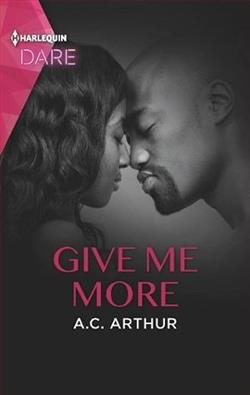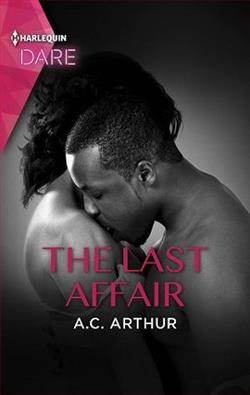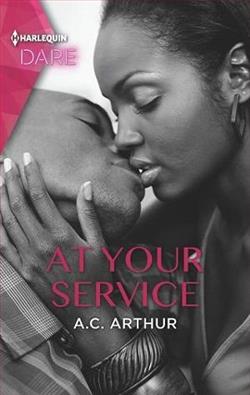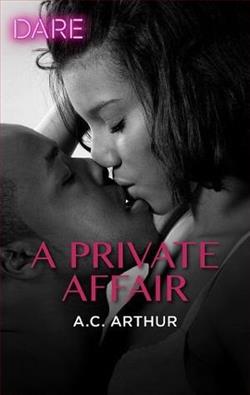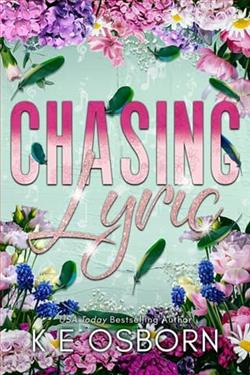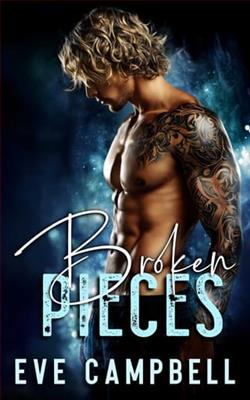Page 20 of Cut Off from Sky and Earth
I lower myself into the steaming water and exhale deeply. I close my eyes, sip the wine, and trail a hand through the water cutting a lazy ribbon, back and forth in a slow rhythm. The combination of heat, booze, and water works its magic, and my near-panic and guilt over Cassie’s murder begin to dissipate like the steam rising to fog the mirror. I tilt my head back and float, my hair streaming behind me.
If I were to tell anyone that I’m responsible for Cassie’s death, they’d tell me I was being ridiculous. They’d insist I’m not culpable. Her murder wasn’t my fault. I’m a victim, too. Survivor’s guilt is common after a trauma. They’d say all these things.
But that’s because they don’t have all the facts.
Fact: Cassie was sleeping in my room, not hers, the night she was stabbed.
When it rained hard, like it did that night, the water came in through a crack in the corner of the wall up near the ceiling and leaked onto her bed. The apartment management company had been promising to fix it for months. So when the forecast called for rain, we pushed her bed against her dresser to keep it dry, and she crashed in my bed. It was plenty big for both of us.
Fact: The killer came in through my bedroom window, even though Cassie’s room was in the back of the building—less visible from the street and an easier access point thanks to the ledge under her window.
When the crime scene investigators arrived, I heard them talking about it. They said it was poor planning on the killer’s part. An unnecessary, wholly avoidable risk to take for no real reward. They couldn’t understand why he’d chosen my window, not Cassie’s. From my spot at the kitchen table, wrapped up in a thin, scratchy blanket, sipping the too-hot tea one of the first responders had pressed into my hands, I understood why: He wanted to be sure he’d have time to kill me before she woke up and heard him. He just hadn’t expected me to be out and her to be in my bed.
But the most compelling fact was this: he’d told me. Two days after Cassie’s murder, I returned to the apartment to grab some more clothes and books. A uniformed officer accompanied me, lifted the crime scene tape for me to duck under, and stood guard at the door while I shoved clean underpants and bras into a duffle bag. When I swept the stack of books and notebooks from my desk into the open bag, a sheet of paper fluttered out of my copy of Their Eyes Were Watching God and floated to the floor. I gasped when I read the words—loud enough to draw the police officer in from the front door.
“Everything okay?” she asked.
I nodded, not trusting my voice, as I shoved the page into my jeans pocket with shaking hands. I could’ve sworn the paper gave off the faint scent of sandalwood.
Back at my friends’ place, I locked myself in the bathroom, smoothed the sheet and reread the message, printed in careful block letters: IT SHOULD HAVE BEEN YOU. Two hours later my mom had booked me a ticket, no questions asked, and I was at the airport waiting for my flight home.
Now, in a different bathroom, hundreds of miles away, my eyes pop open and my heart thumps wildly at the memory. I never told a soul about the message. Not the police, not my parents, and not Cassie’s. Later, I didn’t tell Tristan or Dr. Wilde. I haven’t thought about that note in years.
Not since the fifth anniversary of Cassie’s death, when I’d burned it at her gravesite and watched the ashes scatter in the wind. I’d had the notion that symbolic act would free me, bring me some measure of peace, and, maybe, for a while it had. But whatever solace I’d gained is gone now. Far from feeling relaxed, I feel vulnerable and exposed.
I stand up and grab the towel, wrapping it tightly around my body. While the tub drains, I hurriedly dress and go through the small cabin, room by room. I check the locks on each window and confirm that both the front and back doors are locked. The ritual does nothing to ease my fear.
Coming here was a mistake. I should know better than to think I can outrun my anxiety. No, correction—Dr. Wilde should know better. He’s the professional. I lied to Tristan when I said I ran the writing retreat idea by Sam. I didn’t call my agent, I called my psychiatrist.
Tristan doesn’t know—can’t know—exactly how badly this time of year affects me. The anniversary of Cassie’s murder always messes me up, so Dr. Wilde is gracious enough to be on standby for quick check-ins throughout the month of March. Every year, he patiently listens as I relive finding her body, the details as vivid as they were when it happened. He must know them as well as I do by now. He says it's his privilege to hold the memories with me so I don't have to bear them alone.
Only now, I’m in this isolated cabin at the end of the world with no cell phone service, no internet connection, and a phone that makes local calls only. No check-ins. No support. No Dr. Wilde.
Alone with my memories, left to grapple with the narrative that defines me, the one that traps me as surely as any princess in a tower. Was it hubris or foolishness that made me think changing my setting would change my story? Ghosts don’t haunt places, after all; they haunt people. And mine has come with me, taken up residence in my heart right here in this charming fairytale cottage. I sink down into the couch and try, with limited success, not to hyperventilate.
Thirteen
Tristan
* * *
It’s late when I get back to Little Sweetwater. Later than I’d hoped, thanks to a four-car pile-up that closed the northbound lanes for nearly an hour and caused a slowdown for hours after that. Despite the time and my fatigue, I drive straight to the crime lab. The entire point of taking Emily to the cabin was to give myself the space and time to do what I need to do. I might as well do it.
I navigate the empty lot and park as close to the building as I can, directly under a light. Little Sweetwater is incredibly safe, the recent murder notwithstanding, and the county crime lab is an unlikely place to commit a crime. Even so, there’s no reason not to take precautions. Especially now.
I kill the engine and grab my messenger bag from the back seat. Then I pop the locks and exit the car, slinging the bag across my chest in one smooth motion, as I hurry to the entrance. During the short trip between the two pools of light, my pulse hammers and my throat goes dry. I grip my keys between my knuckles as a makeshift weapon.
This must be how it feels to be Emily. Or Alex. Or, I suppose, most women walking alone late at night—even those who haven’t had a personal brush with death. Exposed. Vulnerable. Scared. I remind myself that I’m not a woman. I don’t look like a soft target. I’m a tall, fit man in his prime. The opposite of an easy mark. Of course, if I’m attacked it won’t be a crime of opportunity. It’ll be a deliberate, targeted strike. So my reassurances ring hollow in my mind.
I jog the last several feet to the lobby door, my ID badge already in hand, and hold it up to the reader without breaking my stride. Once inside, I wait to hear the door’s lock reengage behind me before I exhale and roll my shoulders.
The reception desk is empty at this hour. The card reader recorded my entrance and will record my departure when I leave, but I stop at the open log book and sign in out of habit. Then I make my way down the dimly lit, empty corridor. My footsteps echo sharply in the silence.
Before I reach the lab room, I detour to my left and push open the metal door to the break room. The motion-activated light clicks on, illuminating my path to the old off-white refrigerator and the vending machine next to it. Reflexively, I check the coffee maker on the counter to my right. As expected, the carafe is empty at this hour. And I don’t want to wait for a pot to brew.
So, I pull open the refrigerator and scan its meager contents hoping to find the remnants of a staff lunch. Sodas, stale sandwiches, sugary muffins. But the janitorial crew must’ve cleaned out the fridge recently because there’s nothing inside except a bottle of mustard and an open carton of milk. The vending machine beckons. I feed my credit card into the slot and hit the buttons to select a bottled water and a granola bar. The items fall to the bottom with a thud, and I collect my sad midnight snack.
I devour the bar during my short walk down the hall to the lab, then twist the cap off the water and take a long gulp of the cold liquid. I let myself into the large, eerily silent room, turn on the lights, and boot up the computer on my work station. While the desktop comes to life, I roll my neck and do a handful of standing stretches to work the stiffness out of my back.








